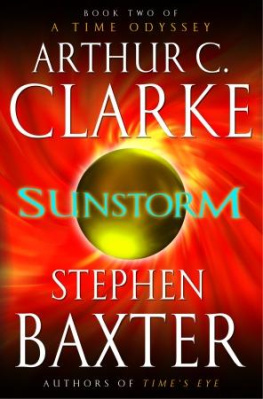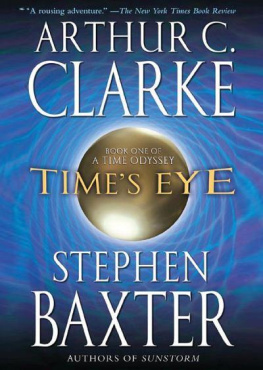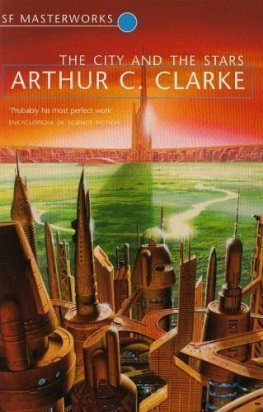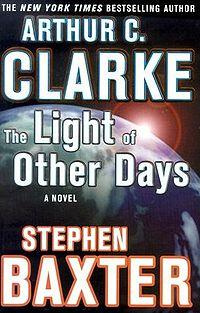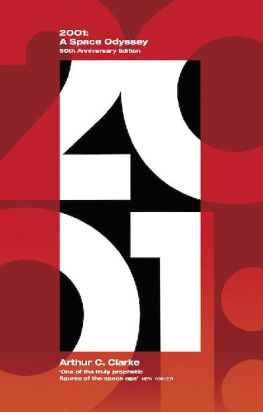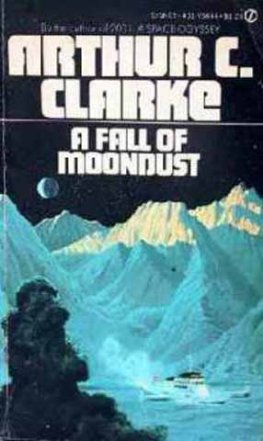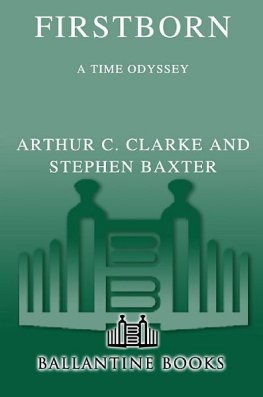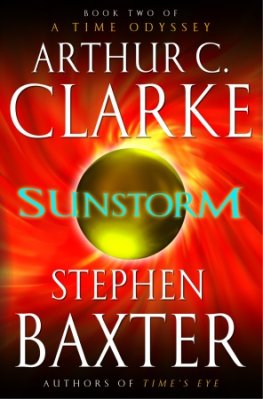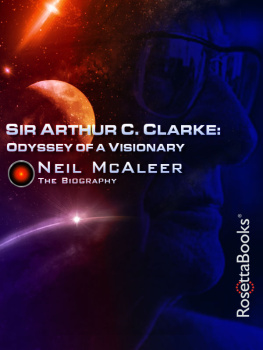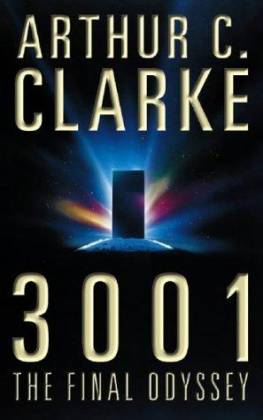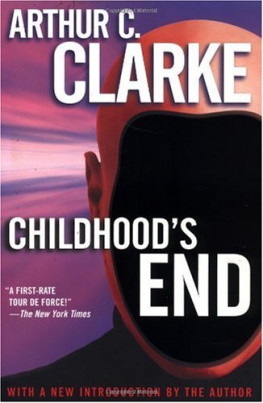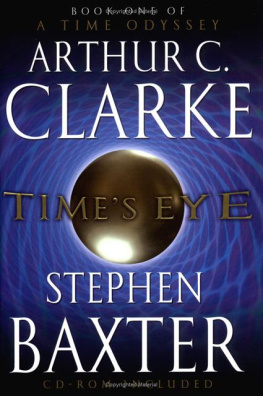Annotation
Returned to the Earth of 2037 by the Firstborn, mysterious beings of almost limitless technological prowess, Bisesa Dutt is haunted by the memories of her five years spent on the strange alternate Earth called Mir, a jigsaw-puzzle world made up of lands and people cut out of different eras of Earth's history. Why did the Firstborn create Mir? Why was Bisesa taken there and then brought back on the day after her original disappearance?
Bisesa's questions receive a chilling answer when scientists discover an anomaly in the sun's core-an anomaly that has no natural cause is evidence of alien intervention over two thousand years before. Now plans set in motion millennia ago by inscrutable watchers light-years away are coming to fruition in a sunstorm designed to scour the Earth of all life in a bombardment of deadly radiation.
Thus commences a furious race against a ticking solar time bomb. But even now, as apocalypse looms, cooperation is not easy for the peoples and nations of the Earth. Religious and political differences threaten to undermine every effort.
And all the while, the Firstborn are watching ...
Arthur C. Clarke & Stephen Baxter
Sunstorm
Part 1
1: Return
Bisesa Dutt gasped, and staggered.
She was standing. She didn't know where she was.
Music was playing.
She stared at a wall, which showed the magnified image of an impossibly beautiful young man crooning into an old-fashioned microphone. Impossible, yes; he was a synth-star, a distillation of the inchoate longings of subteen girls. "My God, he looks like Alexander the Great."
Bisesa could barely take her eyes off the wall's moving colors, its brightness. She had forgotten how drab and dun-colored Mir had been. But then, Mir had been another world altogether.
Aristotle said, "Good morning, Bisesa. This is your regular alarm call. Breakfast is waiting downstairs. The news headlines today are--"
"Shut up." Her voice was a dusty desert croak.
"Of course." The synthetic boy sang on softly.
She glanced around. This was her bedroom, in her London apartment. It seemed small, cluttered. The bed was big, soft, not slept in.
She walked to the window. Her military-issue boots were heavy on the carpet and left footprints of crimson dust. The sky was gray, on the cusp of sunrise, and the skyline of London was emerging from the flatness of silhouette.
"Aristotle."
"Bisesa?"
"What's the date?"
"Tuesday."
"The date."
"Ah. The ninth of June, 2037."
"I should be in Afghanistan."
Aristotle coughed. "I've grown used to your sudden changes of plans, Bisesa. I remember once--"
"Mum?"
The voice was small, sleepy. Bisesa turned.
Myra was barefoot, her tummy stuck out, fist rubbing at one eye, hair tousled, a barely awake eight-year-old. She was wearing her favorite pajamas, the ones across which cartoon characters gamboled, even though they were now about two sizes too small for her. "You didn't say you were coming home."
Something broke inside Bisesa. She reached out. "Oh, Myra--"
Her daughter recoiled. "You smell funny."
Shocked, Bisesa glanced down at herself. In her jumpsuit, scuffed and torn and coated with sweat-soaked sand, she was as out of place in this twenty-first-century London flat as if she had been wearing a spacesuit.
She forced a smile. "I guess I need a shower. Then we'll have breakfast, and I'll tell you all about it ..."
The light changed, subtly. She turned to the window.
There was an Eye over the city, a silver sphere, floating like a barrage balloon. She couldn't tell how far away it was, or how big. But she knew it was an instrument of the Firstborn, who had transported her to Mir, another world, and brought her home.
And over the rooftops of London, a baleful sun was rising.
2: The Peak of Eternal Light
Mikhail Martynov had devoted his life to the study of Earth's star. And from the first moment he saw the sun, at the beginning of that fateful day, he knew, deep in his bones, that something was wrong.
"Good morning, Mikhail. The time on the Moon is two o'clock in the morning. Good morning, Mikhail. The time is two o'clock and fifteen seconds. Good morning ..."
"Thank you, Thales." But he was already up and moving. As always he had woken to within a minute of his personal schedule, without need of Thales's softly spoken electronic wake-up call, a schedule he kept independently of the Houston time to which the rest of the Moon was enslaved.
Mikhail was a man of routine. And he would begin the day, as he began every day of his long solitary watches in this Space Weather Service Station, with a walk into the sunlight.
***
He took a quick breakfast of fruit concentrate and water. He always drank the water pure, never polluted with coffee granules or tea leaves, for it was water from the Moon, the result of billions of years of slow cometary accretion and now mined and processed for his benefit by million-dollar robots; he believed it deserved to be savored.
He clambered briskly into his EVA suit. Comfortable and easy to use, the suit was the result of six decades' development from the clumsy armor worn by the Apollo astronauts. And it was smart, too; some said so smart it could go out Moonwalking by itself.
But smart suit or not, Mikhail worked cautiously through a series of manual checks of the suit's vital systems. He lived alone here at the Moon's South Pole, save for the electronic omnipresence of Thales, and everybody knew that low gravity made you dumb--the "space stupids," they called it. Mikhail was well aware of the importance of concentrating on the chores necessary to keep himself alive.
Still, it was only minutes before he was locked tight into the warm enclosure of the suit. Through the slight distortion of his wedge-shaped visor he peered out at his small living quarters. He was a man equipped for interplanetary space, standing incongruously in a clutter of laundry and unwashed dishes.
Then, with a grace born of long practice, he pushed his way out through the airlock, and then the small dustlock beyond, and emerged onto the surface of the Moon.
Standing on the slope of a crater rim mountain, Mikhail was in shadow broken only by sparse artificial lighting. Above him stars crowded a silent sky. When he looked up--he had to lean back in his stiff suit--he could make out dazzling splashes of light high on the crater wall, places the low polar sunlight could reach. Solar-cell arrays and an antenna farm had been placed up there in the light, as well as the sun sensors that were the Station's main purpose.
This Space Weather Service Station, dug into the wall of a crater called Shackleton, was one of the Moon's smaller habitats, just a few inflatable domes linked by low tunnels and heaped over by a layer of charcoal-gray Moon dust.
Unprepossessing the hab itself may have been, but it was situated in one of the Moon's more remarkable locations. Unlike the Earth, the Moon's axis has no significant tilt; there are no lunar seasons. And at the Moon's South Pole the sun never rises high in the sky. There the shadows are always long--and, in some places, permanent. Thus the pool of darkness in which Mikhail stood had been unbroken for billions of years, save by humans.
Mikhail looked down the slope, beyond the low bulges of the Station domes. On Shackleton's floor floodlights revealed a complex tangle of quarries and lumbering machines. Down there robots toiled over the real treasure of this place: water.

